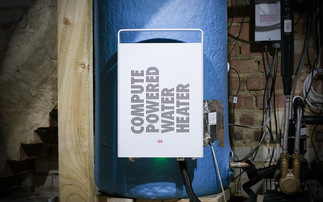The government's modest efforts to tackle fuel poverty do not go nearly far enough. It is time to recognise tackling our cold homes makes economic and environmental sense
Today is the last day of Cold Homes Week, although sadly many people will have been too cold, too broke, or too dead to notice. The perennial nature of the UK's fuel poverty crisis/scandal/national...
To continue reading this article...
Join BusinessGreen
In just a few clicks you can start your free BusinessGreen Lite membership for 12 months, providing you access to:
- Three complimentary articles per month covering the latest real-time news, analysis, and opinion from Europe’s leading source of information on the Green economy and business
- Receive important and breaking news stories via our daily news alert
- Our weekly newsletter with the best of the week’s green business news and analysis









